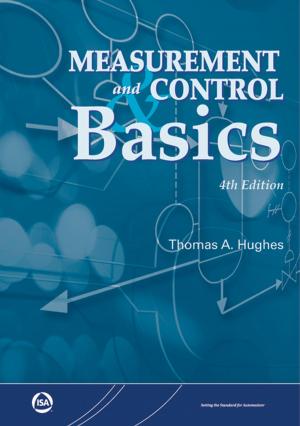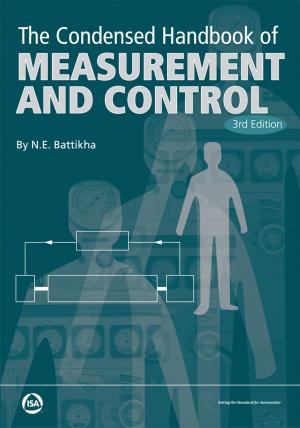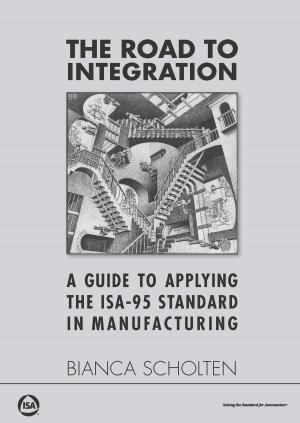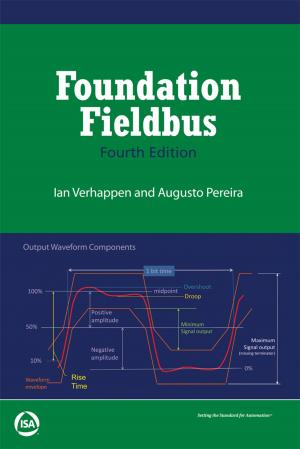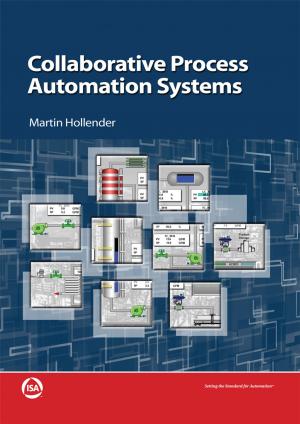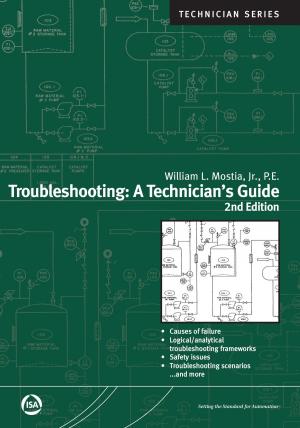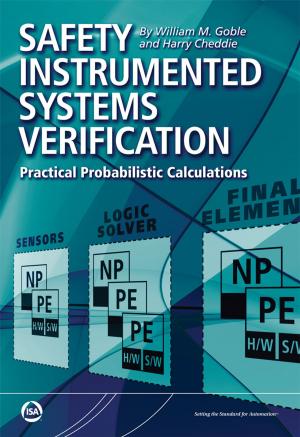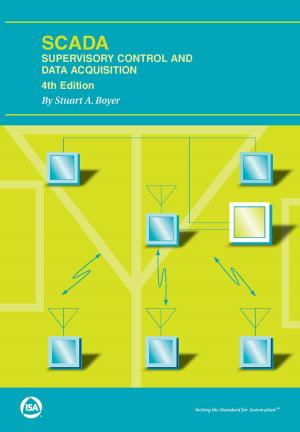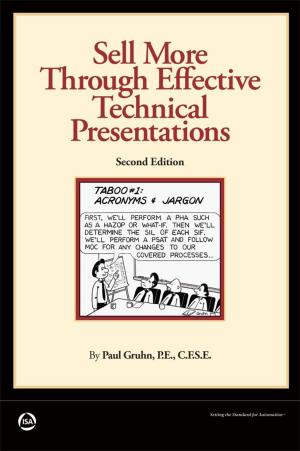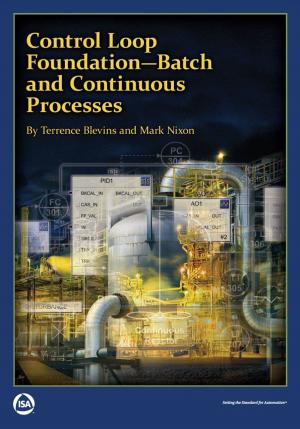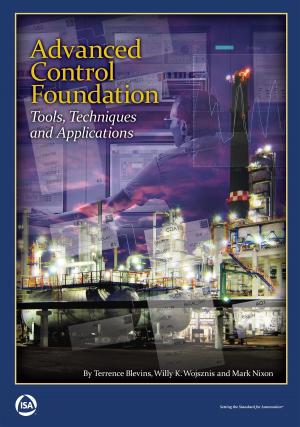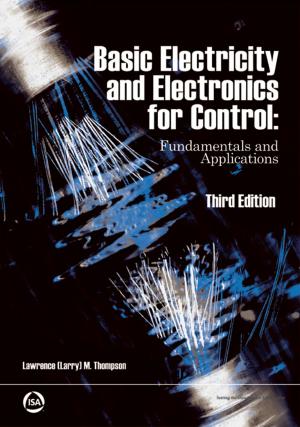The Tao of Measurement: A Philosophical View of Flow and Sensors
Nonfiction, Science & Nature, Technology, Automation| Author: | Jesse Yoder, Richard E. Morley | ISBN: | 9781941546819 |
| Publisher: | International Society of Automation | Publication: | February 15, 2016 |
| Imprint: | International Society of Automation | Language: | English |
| Author: | Jesse Yoder, Richard E. Morley |
| ISBN: | 9781941546819 |
| Publisher: | International Society of Automation |
| Publication: | February 15, 2016 |
| Imprint: | International Society of Automation |
| Language: | English |
This book deals with the past, present, and future of flow, sensors, and measurement. It is called The Tao of Measurement because, like the Tao itself, it reveals the underlying principles of flow and measurement. It explains the engineering and physics of flow and sensors, how our units of measurement were derived, present day measurement practices, and how today’s scientific tools can improve our units of measurement. It’s a must-read for anyone involved in instrumentation or process control. The book’s opening chapters explore the technologies of temperature, pressure, and flow measurement. The authors reveal the history of units of measurement and describe how they came to be used today. The book then presents a thorough discussion of the different types of temperature sensors, pressure transmitters, and flowmeters. It contains an explanation of applications, and then comments on trends in sensors and measurement. Each chapter includes a handy glossary of units of measurement. The authors then turn their attention to three very familiar but vital subjects: time, length and area. They trace the origins of today’s units of measurement for these variables, all the way back to Greek and Roman times, then follow their development to today’s atomic clocks and the standard meter, now defined in terms of wavelengths of light. This book describes how modern technology can be used to improve units of measurement. It paints a picture of a dynamic and changing universe, one in which systems can be integrated with improved measurement practices. It looks beyond the static nature of everyday objects to an underlying reality that is dynamic and changing. It describes the technologies that are available to effectively configure a cost-effective system, and then shows how to integrate this system with the most powerful sensors and tools of flow measurement. Systems and instrumentation, the yin and yang of the automation world, are finally united in a synthesis that comes from seeing both from a single perspective. The Tao of measurement is revealed, and in the end, it is all about flow.
This book deals with the past, present, and future of flow, sensors, and measurement. It is called The Tao of Measurement because, like the Tao itself, it reveals the underlying principles of flow and measurement. It explains the engineering and physics of flow and sensors, how our units of measurement were derived, present day measurement practices, and how today’s scientific tools can improve our units of measurement. It’s a must-read for anyone involved in instrumentation or process control. The book’s opening chapters explore the technologies of temperature, pressure, and flow measurement. The authors reveal the history of units of measurement and describe how they came to be used today. The book then presents a thorough discussion of the different types of temperature sensors, pressure transmitters, and flowmeters. It contains an explanation of applications, and then comments on trends in sensors and measurement. Each chapter includes a handy glossary of units of measurement. The authors then turn their attention to three very familiar but vital subjects: time, length and area. They trace the origins of today’s units of measurement for these variables, all the way back to Greek and Roman times, then follow their development to today’s atomic clocks and the standard meter, now defined in terms of wavelengths of light. This book describes how modern technology can be used to improve units of measurement. It paints a picture of a dynamic and changing universe, one in which systems can be integrated with improved measurement practices. It looks beyond the static nature of everyday objects to an underlying reality that is dynamic and changing. It describes the technologies that are available to effectively configure a cost-effective system, and then shows how to integrate this system with the most powerful sensors and tools of flow measurement. Systems and instrumentation, the yin and yang of the automation world, are finally united in a synthesis that comes from seeing both from a single perspective. The Tao of measurement is revealed, and in the end, it is all about flow.

